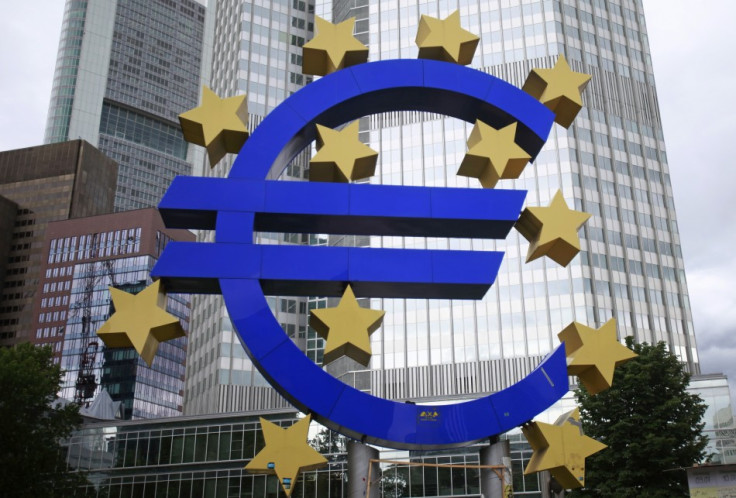European Bailout Fund Given Spanish Bond Purchase Approval - Dow Jones

The European Financial Stability Facility will be given permission to buy Spanish government bonds, Dow Jones is reporting, as German lawmakers debate releasing bank rescue funds.
The news agency says a copy of the draft agreement being mulled by EU officials would allow the EFSF to set aside cash to purchase the debt directly from dealers and investors in the secondary market.
Although it has a lending capacity of around €440bn, the temporary EFSF has, to date, been unable to directly intervene in government bond markets and has only had the capacity to lend money directly to debt-stricken nations in exchange for collateral and strict agreements on spending and austerity measures.
The original construct of the EFSF doesn't allow for bond market activity - a task that was designed for the permanent replacement to the EFSF, the €800bn European Stability Mechanism (ESM). However, recent legal challenges to the ESM ratification - notably in Germany, have delayed its scheduled 1 July deployment.
Germany's Constitutional Court is slated to rule whether taxpayer support for the ESM is within federal law in early September.
Allowing the EFSF to offer direct support to Spain via the bond markets could, in theory, ease the interest rate pressures which have made funding its current account deficit prohibitively expensive.
Spain's latest efforts to raise money in the bond markets let to the highest yields on record this morning as investors continue to question Prime Minister Mariano Rajoy's efforts to rescue his nation's banking sector, deliver on EU mandated austerity targets and reverse Spain's spiral into recession.
The government paid around 5.2 percent to borrow €1.4bn in two year notes and 6.46 percent to sell €1.1bn in five year bonds Thursday. Its benchmark 10 year bonds are now trading at yield of 7 percent, a level many analysts say is impossible to sustain given Spain's borrowing needs for this year and next. Similar levels have triggered bailouts in Greece, Ireland and Portugal.
Prior commitments from the EFSF are around €192bn based on the EU contributions to bailouts for Ireland, Portugal and Greece. A further €100bn will be earmarked for Spanish banks, but the terms and conditions for the loans, as well as the ultimate size, haven't yet been finalised.
Germany's lower house of Parliament will vote on releasing the €100bn later Thursday, although Chancellor Angela Merkel and her centre-right coalition is expected to win support of the Bundestag despite simmering disagreements over the increasing costs of Germany's participation in EU bailout efforts.
© Copyright IBTimes 2025. All rights reserved.





















